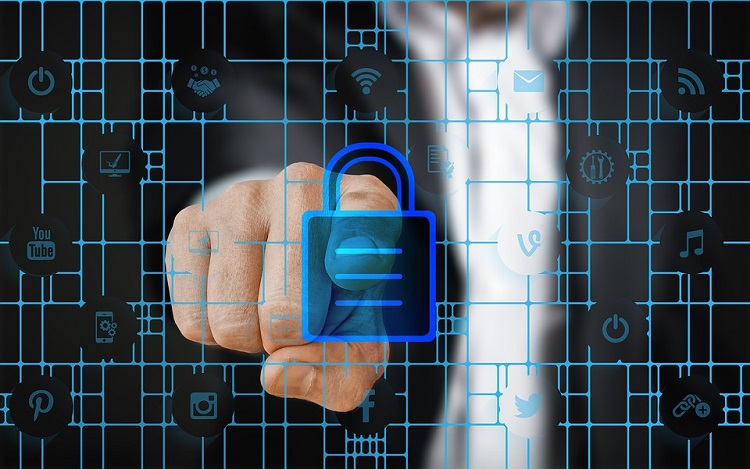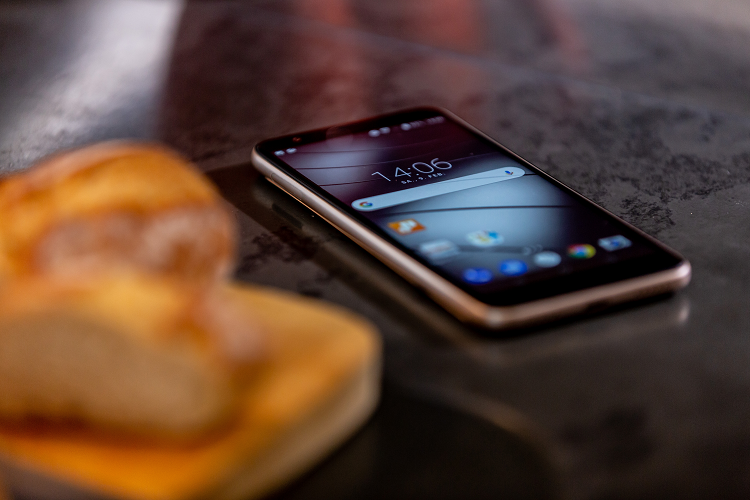 Source: Pixabay
Source: Pixabay
My data, my responsibility?
19. March 2019 Published by Raphael DoerrThe issue of data security is as old as the Internet. As carefully as people handle some data, such as the four-digit PIN number for their EC card, some of us seem to be careless when surfing in the web. The risks to users grow inordinately in the age of the Internet of Things (IoT), mobile payment and biometric data in every fitness app. Very personal data is suddenly in danger in the event of leaks or hacking. Yet do all users actually handle their data so naively? And whose obligation is it to ensure data security in the first place?
After the recent data theft scandals, protection of data is an issue more and more users are thinking about. Is my data secure when I shop online? How can I prevent security gaps on my smartphone? You would really think that consumers would mainly take the companies that process their data to task here. Yet a recent study by Bitkom reveals that the majority of users now believe – probably due to the recent scandals – that they themselves need to take responsibility.
Personal responsibility in the web
74 percent of the more than 1,000 respondents say that they themselves are responsible for protecting their data. One-in-five say that the government is obliged to ensure data security by establishing an appropriate legal framework. Just three percent think that business, i.e. Internet providers or hardware/software vendors, are responsible for data security.
One interesting aspect: If you look at a study from 2014, it’s striking that just 62 percent believed five years ago that it was their own duty to protect the security of their data. There is thus a growing perception that we ourselves are personally responsible.
But does that mean that vendors and Internet providers can completely shirk their own responsibility? No: Bitkom’s conclusion from the study is that a secure Internet is a joint task. Policymakers set the legal framework, platform providers and vendors ought to make their products as secure as possible, and users have to handle their data sensibly.
Data security on the smartphone
But how do you handle your data responsibly? Smartphones don’t usually come with an anti-virus program. Yet there are such programs that can be downloaded (from a trustworthy source) for the smartphone – and yes, good security apps also cost money.
It’s also extremely important to keep the smartphone software up-to-date at all times and install security updates regularly. Many users often take some time before installing updates and patches, which may result in security gaps. So install all recommended updates soon!
Anyone who handles sensitive data on their smartphone should also take a few further measures:
1. Don’t connect to public WiFi – that may make it a lot easier for third parties to hack your data.
2. When shopping online, enter particularly sensitive data, such as payment data, only on sites that are truly trustworthy. Always log out from the site after paying.
3. Regularly delete old files/cookies or empty the cache – that limits the amount of data.
4. Check permissions – does the new app really need access to the microphone? Disable what isn’t needed for an app to work.
5. Use smartphones that are protected by password or a fingerprint sensor: The new Gigaset GS280 can only be unlocked by fingerprint and facial recognition for example.

Anyone who looks after their data carefully in this way can prevent data from their smartphone being misused.
 Comments
Comments
 en
en 







